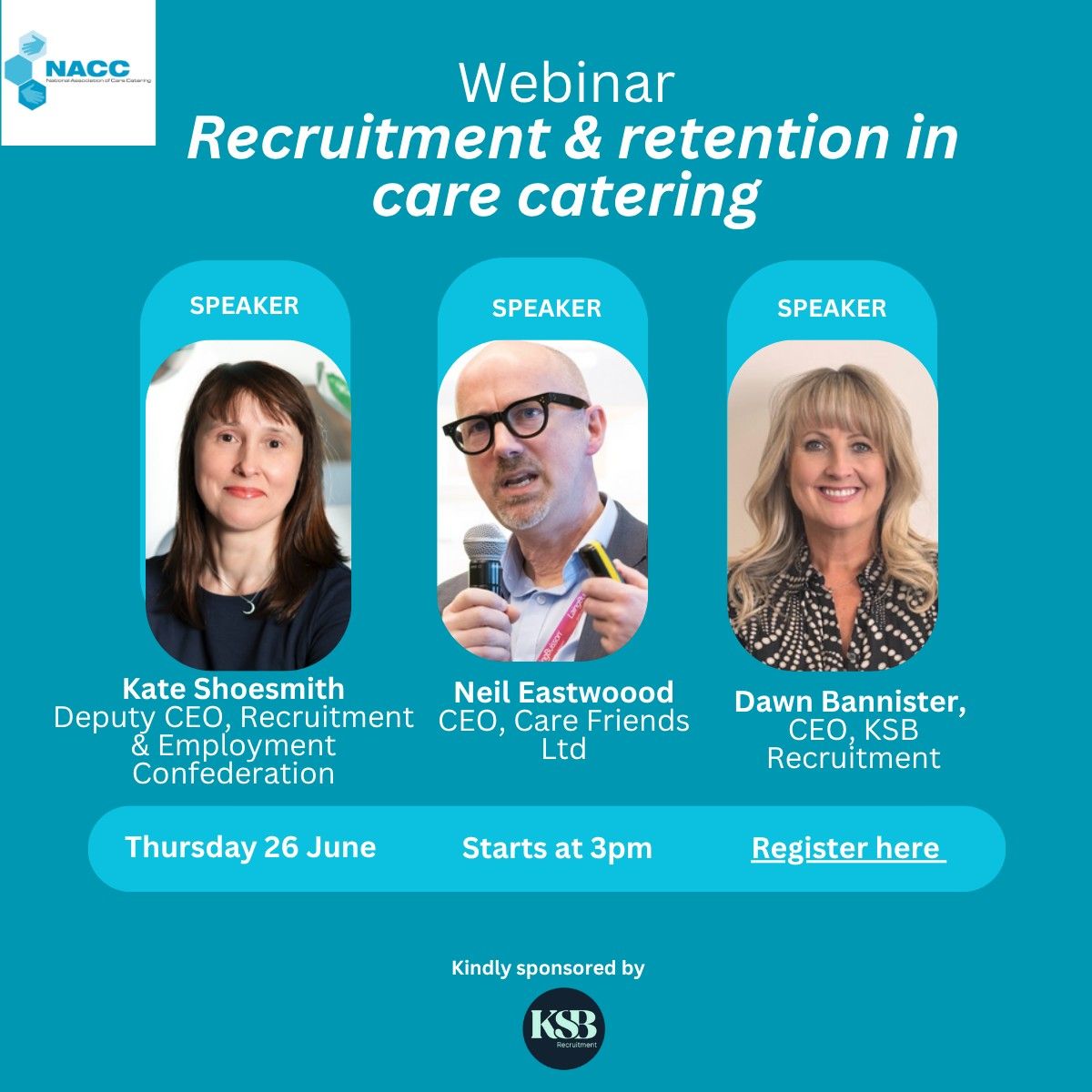Why Your New Hospitality Staff Won’t Succeed Without an Induction Plan

Many hospitality employers go all out to attract and hire the right talent, whether it’s an executive chef for a Michelin-starred restaurant or an entire team for a seasonal pop-up. However, too often, the onboarding process falls short, leaving new hospitality staff without the guidance and support they need for a successful start.
A robust induction process is essential, not only for helping hospitality staff feel prepared but for reducing early turnover. Few things are more frustrating for an employer than spending time and resources on recruitment, only to have new hires quit within days. Creating a welcoming, well-organised onboarding experience can make all the difference.
Here are five critical reasons to invest in a structured induction plan for your new hospitality team members.
First Things First: Start with a Strong Foundation
In the fast-paced hospitality industry, new hospitality staff are often expected to jump in immediately. But starting without a proper induction can leave employees feeling lost and unprepared — and may even breach legal obligations around health, safety, and compliance.
Don’t delay the induction until “things slow down.” Ensure new hospitality staff receive a structured introduction to your workplace before they step into any job-related tasks. A clear, well-organised start helps them understand not only their role but the standards your business expects from day one.
Set Clear Expectations
Hospitality norms vary widely between establishments; what’s acceptable in one place might be completely inappropriate in another. For instance, one restaurant might allow breaks during service, while another doesn’t. Make sure your rules are clearly communicated from the start to prevent misunderstandings and set consistent expectations.
By laying out these boundaries, you also show new hospitality staff that you care about transparency. Employees who understand what’s expected of them are more likely to feel secure, respected, and engaged.
Avoid Information Overload
It can be tempting to cover everything at once, but overloading new hospitality staff with too much information can lead to confusion and overwhelm. When was the last time you reviewed your induction plan? Keep it relevant and digestible. That lengthy company history video may seem like a good idea, but consider if it’s truly necessary for new starters in their first days.
Provide breaks and opportunities for questions to create a balanced, welcoming orientation experience. Give new hires time to absorb essential information without overwhelming them.
Buddy Up for a Smoother Transition
In hospitality, teamwork is crucial. New hires who feel connected to their team are more likely to integrate quickly and perform well. Pairing a new starter with an experienced team member, or “buddy,” provides them with a trusted resource for navigating their early days. This mentor can answer questions, model typical shifts, and help them feel part of the team.
Buddies can also provide valuable social support, fostering camaraderie and a sense of belonging—both key to long-term retention.
Make a Lasting First Impression
An effective induction should make new hires feel welcomed, valued, and confident in their choice to join your team. When employees feel a sense of belonging from the start, they are more likely to stay engaged and committed even when challenges arise.
Happy, engaged employees are not only more productive but also play a pivotal role in creating a positive workplace culture. Wherever possible, introduce new hires to senior team members, including the general manager or head chef. A quick hello from leadership makes a strong impression and shows new hires they’re a valued part of the team.
In Summary
An induction process isn’t just a box to check—it’s a crucial investment in your team and your business. It can take time for new employees to reach their peak performance, and a thoughtful, well-organised onboarding sets them up for success. Start them off on the right foot, and you’re much more likely to retain loyal, engaged employees who contribute to your hospitality business’s long-term success.
new hires quit within days. Creating a welcoming, well-organised onboarding experience can make all the difference.
Here are five critical reasons to invest in a structured induction plan for your new hospitality team members.
First Things First: Start with a Strong Foundation
In the fast-paced hospitality industry, new hires are often expected to jump in immediately. But starting without a proper induction can leave employees feeling lost and unprepared—and may even breach legal obligations around health, safety, and compliance.
Don’t delay the induction until “things slow down.” Ensure every new hire receives a structured introduction to your workplace before they step into any job-related tasks. A clear, well-organised start helps them understand not only their role but the standards your business expects from day one.
Set Clear Expectations
Hospitality norms vary widely between establishments; what’s acceptable in one place might be completely inappropriate in another. For instance, one restaurant might allow breaks during service, while another doesn’t. Make sure your rules are clearly communicated from the start to prevent misunderstandings and set consistent expectations.
By laying out these boundaries, you also show new hires that you care about transparency. Employees who understand what’s expected of them are more likely to feel secure, respected, and engaged.
Avoid Information Overload
It can be tempting to cover everything at once, but overloading new hires with too much information can lead to confusion and overwhelm. When was the last time you reviewed your induction plan? Keep it relevant and digestible. That lengthy company history video may seem like a good idea, but consider if it’s truly necessary for new starters in their first days.
Provide breaks and opportunities for questions to create a balanced, welcoming orientation experience. Give new hires time to absorb essential information without overwhelming them.
Buddy Up for a Smoother Transition
In hospitality, teamwork is crucial. New hires who feel connected to their team are more likely to integrate quickly and perform well. Pairing a new starter with an experienced team member, or “buddy,” provides them with a trusted resource for navigating their early days. This mentor can answer questions, model typical shifts, and help them feel part of the team.
Buddies can also provide valuable social support, fostering camaraderie and a sense of belonging—both key to long-term retention.
Make a Lasting First Impression
An effective induction should make new hires feel welcomed, valued, and confident in their choice to join your team. When employees feel a sense of belonging from the start, they are more likely to stay engaged and committed even when challenges arise.
Happy, engaged employees are not only more productive but also play a pivotal role in creating a positive workplace culture. Wherever possible, introduce new hires to senior team members, including the general manager or head chef. A quick hello from leadership makes a strong impression and shows new hires they’re a valued part of the team.
In Summary
An induction process isn’t just a box to check—it’s a crucial investment in your team and your business. It can take time for new employees to reach their peak performance, and a thoughtful, well-organised onboarding sets them up for success. Start them off on the right foot, and you’re much more likely to retain loyal, engaged employees who contribute to your hospitality business’s long-term success.
At KSB Recruitment, we understand the recruitment process, and we know just how vital the induction into a new role is. We can help to maximise your business by placing top talent in the hospitality roles that you need. You can get in contact here or call us on 0121 702 1428.
Thanks,
Dawn Turbitt.


